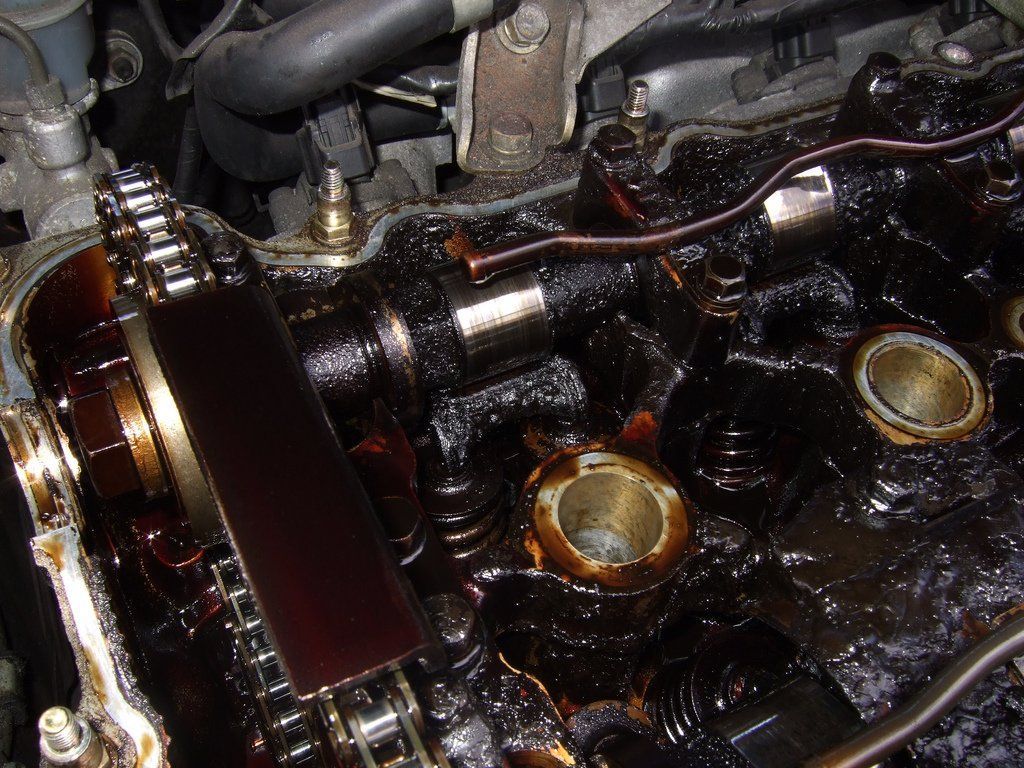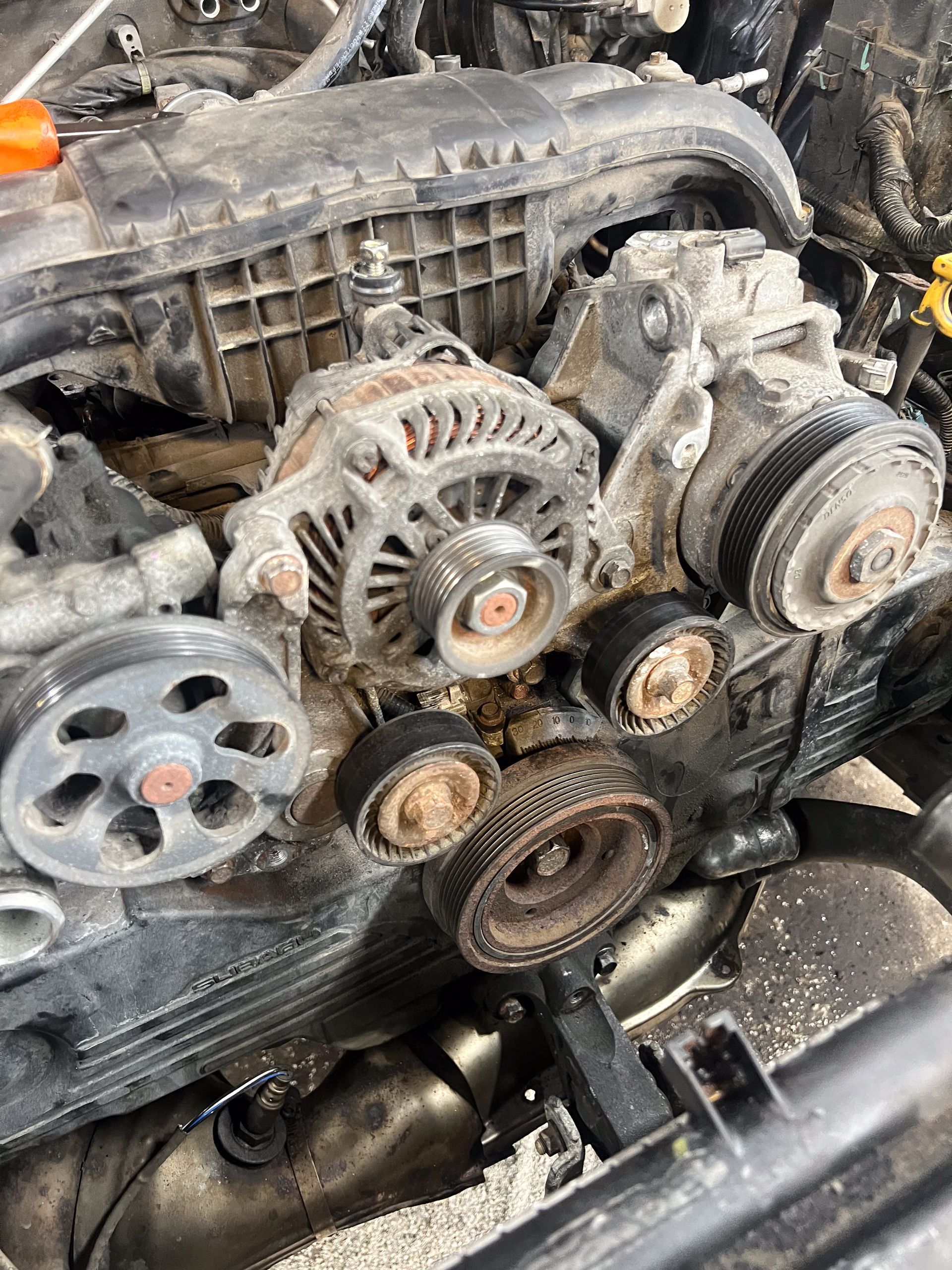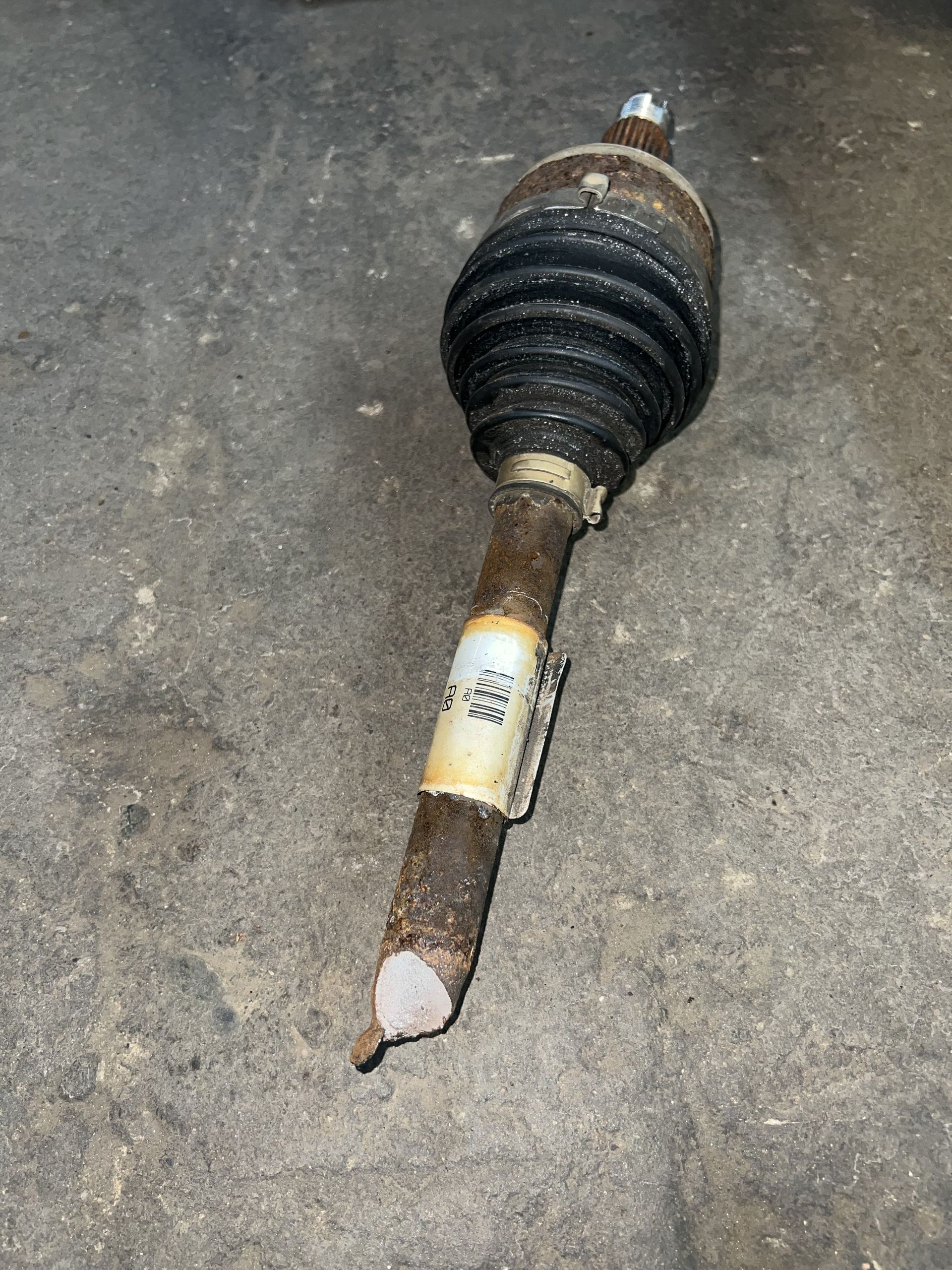Synthetic V Conventional OIl
WHAT YOU SHOULD KNOW WHEN CHOOSING CONVENTIONAL OR SYNTHETIC OIL
Going to get your oil changed, something you need to take care of for the well being of your vehicle. You might be stringent about getting it done on schedule and keep precise records, for this we applaud you. You might be thankful that most places that complete your oil change are nice enough to slap a sticker in the corner of your windshield and go by that.
You get an atta boy and a pat on the back for that. You might wait until the oil maintenance comes on your dash, a little scream that says, ut oh, you are due. If you take action and schedule your oil change then, you are probably still in good graces with your car. These are ways that you protect your investment with the hope that you are taking the best care of your vehicle. In turn it will deliver years of faithful start ups, extra miles that you pray for and keep providing the reliability and comfort that you are hoping for.
SCHEDULE OIL CHANGE REGULARLY
When you choose to come to Automotive Magic for your routine oil change, you can expect that we are on top of the mileage, the length of time since your last one and the condition of the oil.
What you will also notice is that we will ask you if you want conventional or synthetic oil. Your vehicle manual will give you recommendations on what type of oil is best suited for your vehicle. As a general rule, most manufacturers of vehicles 2014 and newer recommend synthetic, but here’s a little knowledge about why..
WHAT'S THE DIFFERENCE BETWEEN THE TWO?
Think about the molecules that make up oil. Conventional oil is made up of molecules that are all different sizes. Like a bunch of marbles. If you were to toss those marbles all sizes on the floor then place a piece of steel or wood (a flat surface) on top of those marbles, you'll notice that the only marbles that reach the surface of the flat surface are the biggest ones, leaving the smaller ones essentially untouched and pretty much unnecessary and useless.
What those useless, unnecessary marbles do, is actually create waste particles in the system and ultimately cause clogs and debris.
WHAT THOSE WASTE AND DEBRIS LOOKS LIKE IN YOUR ENGINE

Now let's talk about synthetic oil. These molecules are all the same size, so when you lay that flat surface atop of them, they all touch the surface the movement is smooth and the lubrication is even, this allows the flow to be uniform and consistent and it gets everything moving and touching where it needs to be.
There you have a little science detailing the molecular differences between conventional and synthetic. Then, you have the cost factor of them.
Synthetic is a higher priced oil, it’s manufactured and produced to have the symmetry needed to reach all the necessary parts of the system. That comes with an expense, but with a crucial benefit. Synthetic oil lasts longer than conventional, usually an additional 3k miles.
Conventional oil is yes, less expensive than Synthetic, and it’s necessary to change more frequently, it requires an oil flush every 15,000 miles to extract the smaller unneeded molecules from clogging up your system.
A simple matter of fact is that synthetic oil protects and lubricates components better than conventional oil or semi-synthetic. It is also vital that the filters used with synthetic oils exceed the mileage rating because most over the counter filters are only good for 3-5 k miles then begin to break down. All high end vehicles come from the factory only with synthetic fluids, what does that tell us. You pay more for a synthetic oil change but change oil less frequently, adding insurance to the components the oil is lubricating. If you perform a mileage test (which we have) between a synthetic oil change and semi-synthetic oil change, fuel mileage is better every time with synthetic fluid. Synthetic oil also definitely adds additional protection to vehicles that tow and run under increased heat, synthetic oil does not varnish and break down like conventional.
So, the next time your are asked if you want synthetic or conventional oil. Consider making the switch to synthetic oil. You will reap the benefits and your car will appreciate it.


Shawn Gilfillan is the dedicated owner of Automotive Magic in Kenvil, NJ. With over two decades of experience, Shawn has led his team in providing expert auto repair and service since 2003.
In 2022, Magic Lube & Rubber was born in Lake Hopatcong, NJ. Committed to fostering strong community ties and supporting team development, Shawn prioritizes customer satisfaction above all. As a proud family man and long-time resident of Roxbury, NJ, Shawn brings a blend of professionalism and warmth to his business.
Trust Shawn and his team for all your automotive needs with confidence and assurance.


Professional Auto Services
cost-effectively provided.
Services
List of Services
-
Car A/C & Heat RepairCar A/C & Heat Repair
-
Brake Repair & ServiceBrake Repair & Service
-
Diagnostics & InspectionsDiagnostics & Inspections
-
Fleet ServiceFleet Service
-
Maintenance & Tune-UpsMaintenance & Tune-Ups
-
Oil & Lube ChangesOil & Lube Changes
-
Tire Service & AlignmentsTire Service & Alignments
-
Transmission ServiceTransmission Service
List of Services
-
Car A/C & Heat RepairCar A/C & Heat Repair
-
Brake Repair & ServiceBrake Repair & Service
-
Diagnostics & InspectionsDiagnostics & Inspections
-
Fleet ServiceFleet Service
-
Maintenance & Tune-UpsMaintenance & Tune-Ups
-
Oil & Lube ChangesOil & Lube Changes
-
Tire Service & AlignmentsTire Service & Alignments
-
Transmission ServiceTransmission Service




Services
List of Services
-
Car A/C & Heat RepairCar A/C & Heat Repair
-
Brake Repair & ServiceBrake Repair & Service
-
Diagnostics & InspectionsDiagnostics & Inspections
-
Fleet ServiceFleet Service
-
Maintenance & Tune-UpsMaintenance & Tune-Ups
-
Oil & Lube ChangesOil & Lube Changes
-
Tire Service & AlignmentsTire Service & Alignments
-
Transmission ServiceTransmission Service
List of Services
-
Car A/C & Heat RepairCar A/C & Heat Repair
-
Brake Repair & ServiceBrake Repair & Service
-
Diagnostics & InspectionsDiagnostics & Inspections
-
Fleet ServiceFleet Service
-
Maintenance & Tune-UpsMaintenance & Tune-Ups
-
Oil & Lube ChangesOil & Lube Changes
-
Tire Service & AlignmentsTire Service & Alignments
-
Transmission ServiceTransmission Service
© 2024 Automotive Magic. All Rights Reserved | Website managed by Shopgenie







